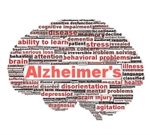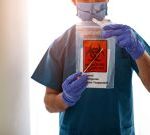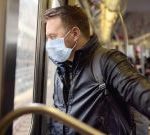
Ten risk factors may affect your risk of developing Alzheimer’s disease, a new Chinese study suggests. Focusing on these factors could help doctors develop guidelines for preventing Alzheimer’s, researchers say. The risk factors include mental activity, obesity in late life, depression, diabetes and high blood pressure. The need is urgent: Alzheimer’s is the most common form of dementia in older people. More than 5 million Americans 65 and older have the disease and the number is expected to nearly triple by 2050, according to the Alzheimer’s Association. For this study, researchers reviewed nearly 400 studies in search of ways to prevent it. Dr. Jin-Tai Yu, professor of neurology at Fudan University in Shanghai, led the search. His team proposed 21 prevention strategies that doctors could use in their practice. Nearly two-thirds of them target risk factors such as high blood pressure and cholesterol and lifestyle. Researchers said 10 suggestions are supported by strong evidence. They include getting as much education as possible in early life; taking part in mentally stimulating activities, such as reading; and avoiding diabetes, stress, depression, head trauma and high blood pressure in midlife. Nine other suggestions had less evidence to support them. They included getting regular exercise and good quality sleep, maintaining a healthy body weight and good heart health in later life, not smoking and getting vitamin C in the… read on >

















